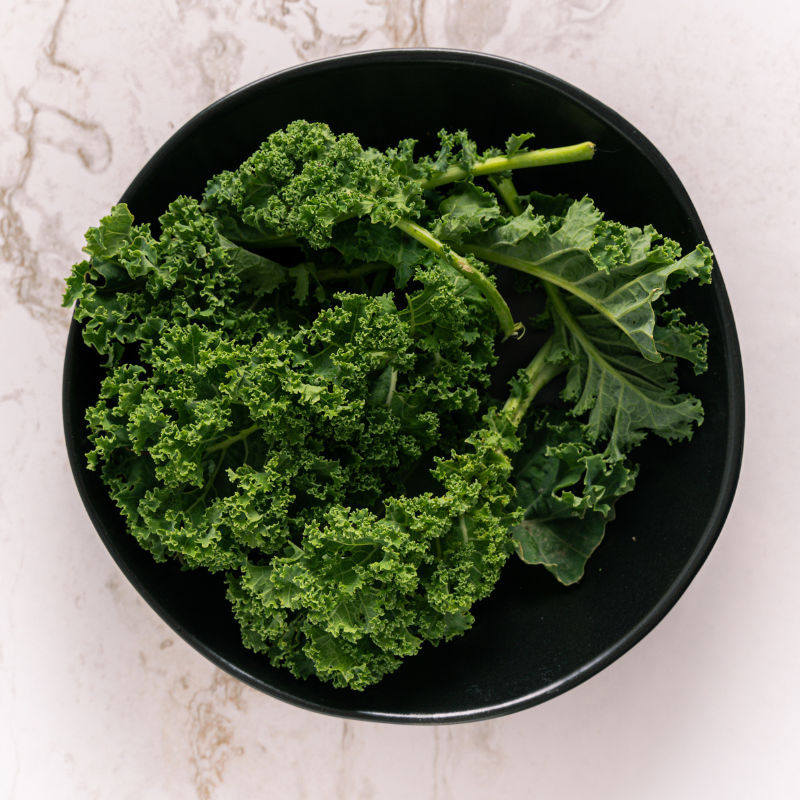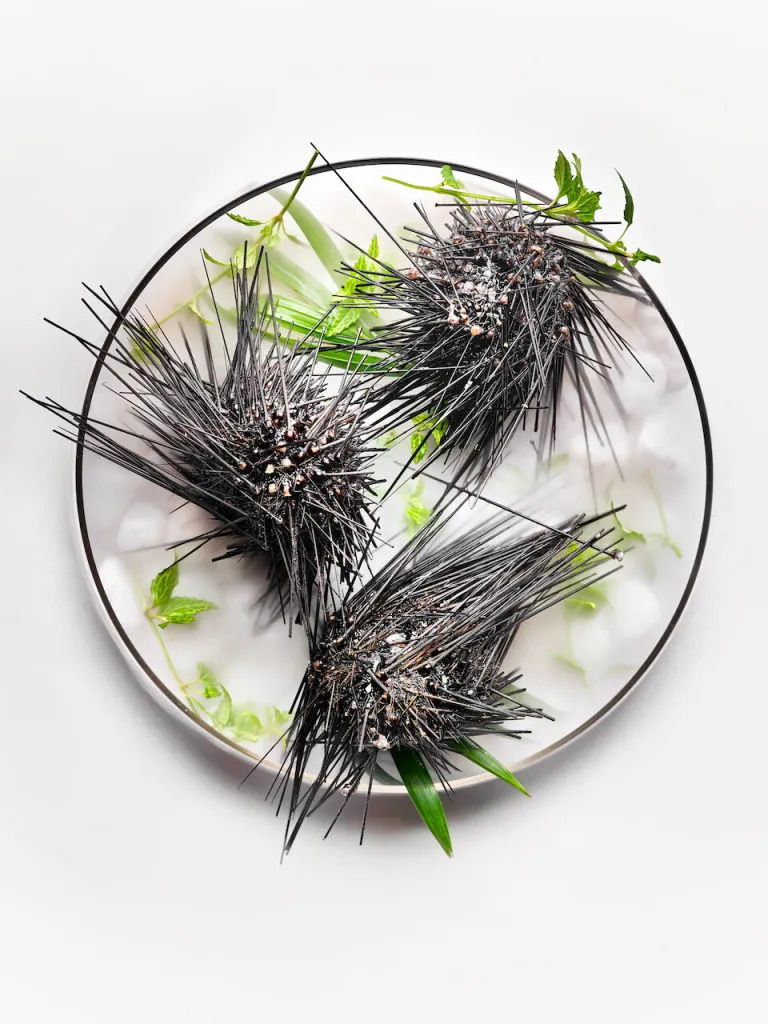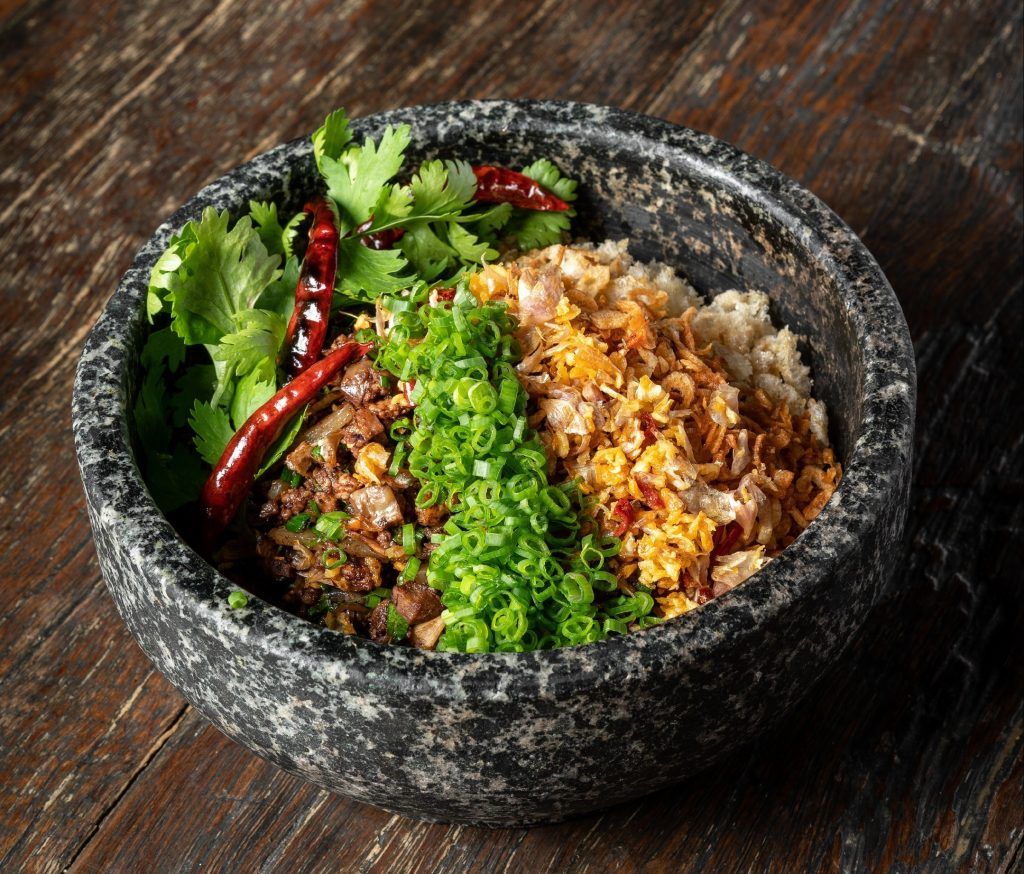Greens, coffees, and more—let’s explore the incredible benefits of bitter foods and discover the best options to include in your diet, especially if you struggle with digestion.
When it comes to enhancing digestion, you might not immediately think of bitter foods. Bitterness is often associated with unpleasant tastes, but it turns out that incorporating these foods into your diet can be a secret weapon for jumpstarting your digestive process. Read on to know everything.
Digestion is a crucial function that allows your body to break down food and absorb essential nutrients effectively. By embracing the power of bitter foods, you can optimise your digestive health and overall well-being.
[Hero and featured image credit: Jo Lanta/Unsplash]
Benefits of bitter foods
Bitter foods offer a range of benefits for your digestive health and overall well-being. Let’s explore some of the key advantages:
Improved digestion
Bitter foods play a crucial role in jumpstarting the digestive process. They stimulate saliva production, which contains enzymes that help break down food and facilitate its digestion. The increased production of saliva makes it easier for your body to absorb nutrients from the food you consume.
Increased nutrient absorption
By enhancing digestion, bitter foods contribute to better nutrient absorption. When your digestive system functions optimally, your body can extract and utilise nutrients more effectively. This can lead to improved energy levels, better nutrient balance, and overall enhanced health.
Liver support
Many bitter foods contain compounds that support liver function and promote detoxification. The liver is responsible for processing and eliminating toxins from the body. Bitter foods can help stimulate liver enzymes, assisting in the detoxification process and promoting a healthy liver.
Appetite stimulation
Bitter taste has been known to stimulate the appetite and enhance the flavour of foods. This can be particularly beneficial for individuals who have a decreased appetite or those who struggle with poor digestion. By incorporating bitter foods into your meals, you may find yourself more inclined to eat and enjoy a wider variety of foods.
Digestive enzyme production
Bitter foods stimulate the production of digestive enzymes in the stomach. These enzymes help break down carbohydrates, proteins, and fats, making the digestion process more efficient. Adequate enzyme production ensures that the nutrients from your food are properly broken down and absorbed by your body.
Gut health
Bitter foods can contribute to a healthy gut microbiome. The fibre present in many bitter foods acts as a prebiotic, providing nourishment to beneficial gut bacteria. A balanced and diverse gut microbiome is associated with improved digestion, immune function, and overall well-being.
Antioxidant and anti-inflammatory properties
Several bitter foods, such as dark chocolate and certain greens, are rich in antioxidants and possess anti-inflammatory properties. These compounds can help reduce inflammation in the digestive system and throughout the body, promoting better overall health.
Bitter delights: The best bitter foods to include in your diet
Leafy greens

Dark leafy greens like kale, spinach, dandelion greens, and arugula are excellent sources of bitter compounds. They are rich in fibre, vitamins, minerals, and antioxidants that support digestion and overall health.
Dandelion Greens
Often overlooked, dandelion greens are packed with nutrients that support digestion and prevent liver damage. They are rich in vitamins A, C, and K, as well as iron and calcium. Including dandelion greens in salads or sautéing them with other vegetables can provide a bitter yet refreshing addition to your meals.
Coffee

Besides being a morning pick-me-up, coffee has a dual role in boosting both energy and digestive hormone production. The caffeine in coffee stimulates the release of digestive enzymes, supporting the overall digestive process. However, it’s essential to consume coffee in moderation to avoid potential side effects from excessive caffeine intake.
Radicchio
This vibrant leafy vegetable belongs to the chicory family and offers a distinctive bitter taste. Radicchio contains inulin fibre, which promotes regularity in bowel movements and supports gut health. Grilling or roasting radicchio can help balance its bitterness, making it an exciting addition to salads or as a side dish.
Citrus fruits
Citrus fruits like grapefruit, lemons, and oranges contain a compound called limonin, which contributes to their bitter taste. They also provide high amounts of vitamin C and fibre, which can aid digestion and support a healthy gut.
Cacao and Dark Chocolate

If you have a sweet tooth, opt for dark chocolate with a high percentage of cocoa. Dark chocolate contains fibre, antioxidants, and flavonoids, which have been associated with anti-inflammatory properties. The bitterness of dark chocolate combined with its health benefits makes it a guilt-free treat for your digestive system.
Artichokes
Artichokes are rich in a compound called cynarin, which gives them their characteristic bitter taste. They are also a good source of fibre and antioxidants, promoting digestive health.
Ginger
Although ginger has a spicy kick, it also has a slight bitter taste. Ginger is known for its digestive properties, including relieving nausea, reducing inflammation, and improving overall digestion.
Bitter foods: Considerations for consumption
While bitter foods offer numerous benefits, there are instances when you might want to exercise caution:
Digestive disorders
If you have a specific digestive disorder, such as acid reflux, gastritis, or irritable bowel syndrome (IBS), certain bitter foods might exacerbate your symptoms. It’s essential to consult with a healthcare professional or registered dietitian to determine which foods are suitable for your condition.
Medication interactions
Some medications may interact with certain compounds found in bitter foods. If you are taking any medications, especially those with known food interactions, it’s advisable to consult your healthcare provider before significantly increasing your intake of bitter foods.
Conclusion
Bitter foods can be your secret weapon for jumpstarting digestion and improving your overall digestive health. Incorporating options like kale, dandelion greens, coffee (in moderation), dark chocolate, and radicchio into your diet can provide numerous benefits. These foods stimulate saliva production, enhance stomach function, and support liver health, ultimately optimising digestion and nutrient absorption. However, it’s crucial to be mindful of specific digestive disorders and medication interactions that may warrant caution when consuming bitter foods. By embracing the power of bitterness, you can unlock the potential of your digestive system and pave the way for better overall well-being.
Frequently Asked Questions (FAQs)
Answer: While bitter foods are generally safe and beneficial for most people, it's important to be aware of potential side effects and considerations. Individuals with conditions like GERD or specific food allergies may need to exercise caution when consuming certain bitter foods. Additionally, bitter foods can interact with certain medications and may cause temporary digestive discomfort or increased bowel movements if consumed in excess. It's always a good idea to listen to your body, adjust your intake as needed, and consult with a healthcare professional for personalised advice based on your individual circumstances.
Answer: Bitter foods can indeed be beneficial for kids, despite their initial aversion to such flavors. Bitterness is a natural taste that exists in many nutritious foods such as dark leafy greens (e.g., kale and spinach), citrus fruits, broccoli, and Brussels sprouts. Including these foods in a child's diet exposes them to a wider range of flavors, which can help develop their taste preferences and promote a more balanced diet. Bitter foods often contain important vitamins, minerals, and antioxidants that support overall health and growth. Introducing bitter foods gradually and pairing them with other flavours or ingredients can help children acquire a taste for them over time, leading to a more varied and nutritious diet in the long run.
Answer: Bitter vegetables can add a unique flavor profile to meals and provide numerous health benefits. Vegetables such as bitter melon, Brussels sprouts, radicchio, endive, and kale offer a distinct bitter taste that can be enjoyed when prepared properly. Despite their initial strong flavor, bitter vegetables are rich in vitamins, minerals, and antioxidants, making them valuable additions to a well-balanced diet. Including bitter vegetables in meals can broaden the range of flavours experienced by children and adults alike, promoting a more varied and nutritious eating habit.
Answer: Bitter foods can indeed be good for the liver. These foods contain natural compounds that support liver health and function. The liver is responsible for detoxification and metabolizing various substances in the body, and bitter foods can aid in this process. Bitter vegetables like kale, dandelion greens, and artichokes, as well as bitter herbs like turmeric and milk thistle, are known to have liver-protective properties. They can help stimulate bile production, enhance digestion, and promote the elimination of toxins from the body. Including bitter foods in one's diet can contribute to maintaining a healthy liver and overall well-being.
















